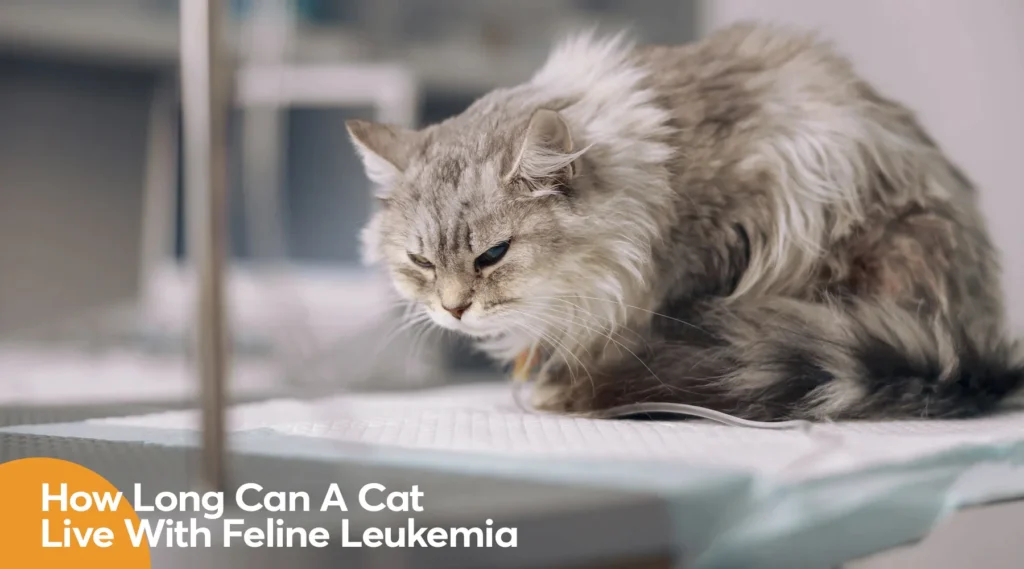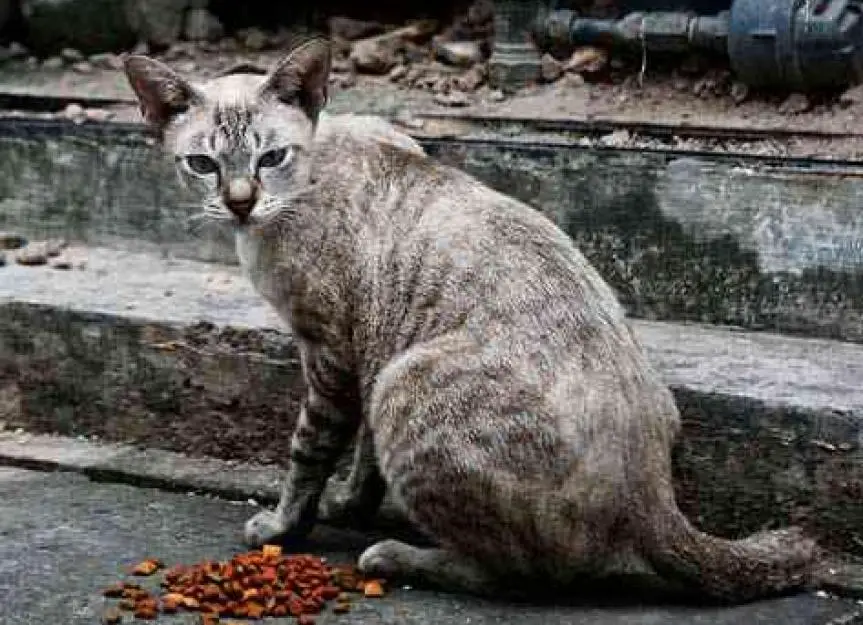How Long Do Ginger Cats Live
Ginger cats are one of the most popular and recognizable types of cats in the world. They are known for their distinctive orange, red, or gold coat color and their tabby pattern, which can vary from stripes to spots to swirls. But how long do ginger cats live? And what factors affect their lifespan?
Average Lifespan of Cats
According to the American Veterinary Medical Association (AVMA), the average lifespan of a cat is 10 to 15 years. However, this can vary depending on whether the cat is indoor or outdoor, spayed or neutered, vaccinated or not, and exposed to any diseases or hazards. Indoor cats tend to live longer than outdoor cats, as they are less likely to encounter predators, parasites, infections, accidents, or poisoning. Spayed or neutered cats also tend to live longer than intact cats, as they have lower risks of developing reproductive cancers or complications. Vaccinated cats are more protected from common diseases such as feline leukemia virus (FeLV), feline immunodeficiency virus (FIV), rabies, and feline infectious peritonitis (FIP). Additionally, some factors that can affect the lifespan of a cat are its weight, nutrition, exercise, grooming, dental care, and stress level.
Genetics
Genetics play a role in determining how long a ginger cat will live. Some breeds that commonly have ginger cats, such as the Abyssinian, Persian, or Maine Coon, may have longer or shorter lifespans than others. For example, Abyssinians are known to be prone to kidney diseases, which can shorten their lifespan. Persians are susceptible to breathing problems and eye infections, which can also affect their quality of life. Maine Coons are generally healthy and robust, but they may develop heart problems or hip dysplasia in old age.
However, genetics are not the only factor that determines the lifespan of a ginger cat. In fact, most ginger cats are not purebred but mixed-breed or moggies. This means that they have inherited genes from different breeds and ancestors, which can make them more diverse and adaptable. Mixed-breed cats tend to have fewer health problems and longer lifespans than purebred cats.
Diet
Diet is another important factor that influences how long a ginger cat will live. A balanced and nutritious diet can help prevent obesity, diabetes, kidney stones, and other health issues that can reduce a cat’s lifespan. A ginger cat should have access to fresh water and high-quality cat food that meets their nutritional needs. Some ginger cats may have special dietary requirements due to their breed or health conditions, so it is advisable to consult a veterinarian before changing their diet.
Some tips on how to feed a ginger cat properly are:
- Avoid giving them human food, especially chocolate, onions, garlic, grapes, raisins, and alcohol, as these can be toxic for cats.
- Provide them with both wet and dry food, as wet food can help keep them hydrated and prevent urinary tract infections.
- Limit their intake of treats and snacks, as these can add extra calories and cause weight gain.
- Choose cat food that is appropriate for their age and activity level, as kittens, adults, and seniors may have different nutritional needs.
- Monitor their weight and body condition regularly and adjust their portions accordingly.
Health
Health is closely related to diet, but it also depends on other factors such as vaccinations, parasite prevention, dental care, and regular check-ups. A healthy ginger cat is more likely to live longer than a sickly one. Vaccinations can protect a ginger cat from infectious diseases such as feline leukemia virus (FeLV), feline immunodeficiency virus (FIV), rabies, feline panleukopenia (FPV), feline calicivirus (FCV), and feline herpesvirus (FHV). Parasite prevention can prevent infestations of fleas, ticks, worms, and mites that can cause skin problems, anemia, and intestinal disorders. Dental care can prevent plaque buildup, gum disease, and tooth decay that can lead to bad breath, pain, and infections. Regular check-ups can help detect any signs of illness or injury early and provide timely treatment.
Some tips on how to keep a ginger cat healthy are:
- Follow the recommended vaccination schedule for your cat and keep their records updated.
- Apply monthly flea and tick treatments and deworm your cat every three months or as advised by your veterinarian.
- Brush your cat’s teeth daily or at least weekly with a special toothbrush and toothpaste designed for cats.
- Take your cat to the veterinarian at least once a year for a physical exam, blood tests, and other screenings.
- Spay or neuter your cat if you do not plan to breed them, as this can prevent unwanted pregnancies, reduce the risk of certain cancers, and improve their behavior.
Environment
Environment is another factor that affects how long a ginger cat will live. A safe and comfortable environment can reduce stress, injury, and exposure to hazards that can harm a cat’s health and well-being. A ginger cat should have access to a clean and spacious living space, a litter box, a scratching post, toys, and a cozy bed. They should also have opportunities to exercise, play, and socialize with other cats or humans.
Some tips on how to provide a good environment for a ginger cat are:
- Keep your cat indoors or in a secure enclosure, as outdoor cats face many dangers, such as traffic, predators, poisons, and diseases.
- Provide your cat with a collar and an identification tag or a microchip in case they get lost or escape.
- Clean your cat’s litter box daily and change the litter every week or as needed.
- Trim your cat’s nails regularly to prevent them from getting too long and causing pain or injury.
- Provide your cat with a variety of toys that stimulate their senses and challenge their intelligence.
- Spend time with your cat every day and give them attention and affection.
Comparison with Other Types of Cats
How does the lifespan of ginger cats compare with other types of cats? According to a study by the University of Georgia, the average lifespan of indoor cats is 13.9 years, while the average lifespan of outdoor cats is only 5.6 years. This shows that keeping a cat indoors can significantly increase their lifespan. However, there are also some differences among different types of cats, such as breed, size, and coat color.
Breed: Some breeds of cats tend to live longer than others, such as Siamese, Burmese, Ragdoll, and Birman, which can live up to 20 years or more. However, these breeds may also have some genetic health problems that require special care. Other breeds, such as Persian, Himalayan, and Scottish Fold, may have shorter lifespans due to their flat faces and folded ears, which can cause breathing difficulties and ear infections.
Size: Generally, smaller cats tend to live longer than larger cats, as larger cats may have more stress on their organs and joints. For example, the world’s smallest cat breed, the Singapura, can live up to 15 years or more, while the world’s largest cat breed, the Savannah, can live up to 12 years or less.





Pingback: How Long Do Feral Cats Live Indoors? - Catszilla.com